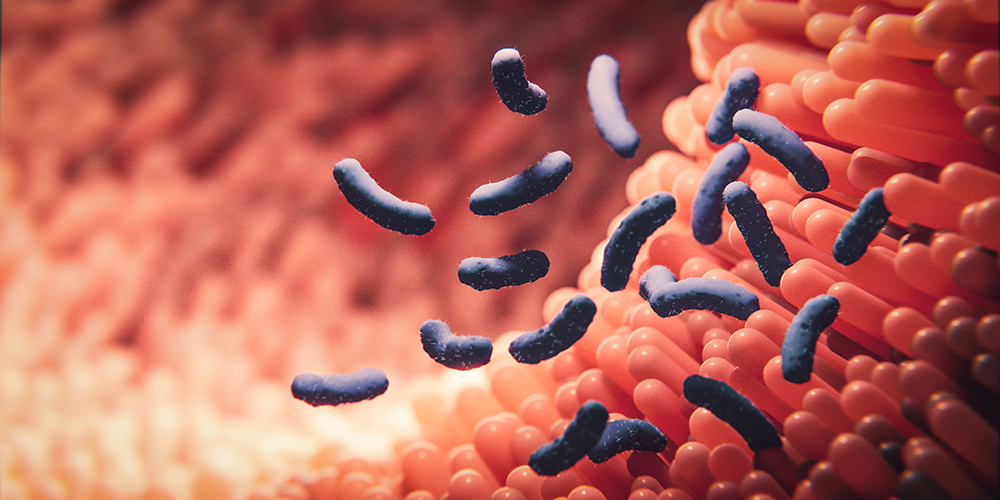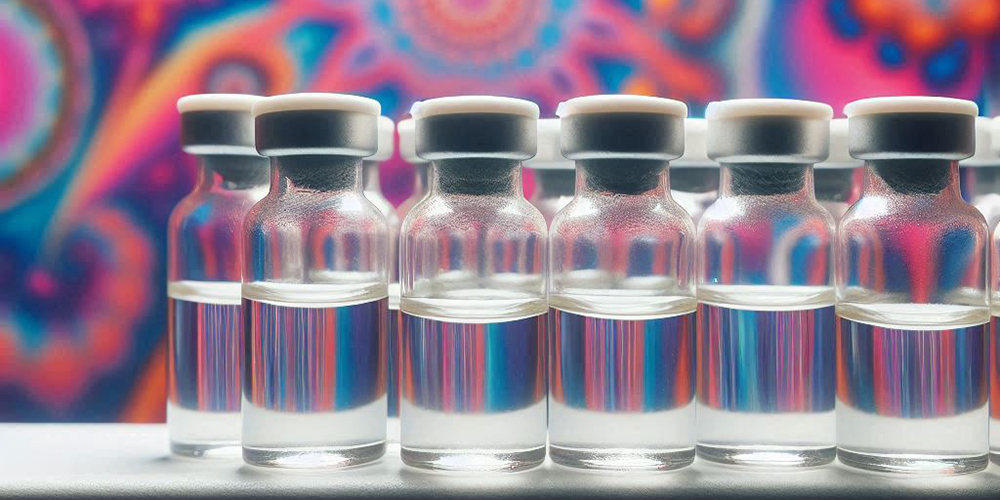New Study on the Placebo Effect and Antidepressants in Children and Adolescents
Although the clinical efficacy of antidepressants in children and adolescents is proven, it is frequently accompanied by side effects. In addition, the influence of the placebo effect on the efficacy of antidepressants is unclear. A meta-analysis of data from over 6,500 patients has now shown that, although antidepressants are more effective than placebos, the difference is minor and varies according to the type of mental disorder. The results were obtained by the University of Basel and Harvard Medical School and were published in the journal JAMA Psychiatry.
15 September 2017
The most common mental disorders in children and adolescents include anxiety disorders, depressive disorders, obsessive-compulsive disorder, and posttraumatic stress disorder. Children and adolescents are often treated with psychotherapy together with newer antidepressants such as selective serotonin reuptake inhibitors (SSRIs) and serotonin-norepinephrine reuptake inhibitors (SNRIs).
Antidepressants work better than placebos but have more side effects
Psychologists from the University of Basel analyzed 36 drug trials in cooperation with colleagues from Harvard Medical School and the American National Institute of Mental Health. The trials included data from 6,778 children and adolescents up to the age of 18.
The results of the meta-analysis show that, although antidepressants work significantly better than placebos across the range of disorders, the difference is small and varies according to the type of mental disorder. However, the results also showed that the placebo effect played a significant role in the efficacy of antidepressants. The study also found that patients treated with antidepressants complained of greater side effects than those who received a placebo. The side effects included everything from mild symptoms such as headaches to suicidal behavior.
Placebo effect stronger in cases of depression
According to the study, the effects of antidepressants and placebos vary according to the type of mental disorder: antidepressants have a greater specific effect in the case of anxiety disorders than depressive disorders. On the other hand, placebos have a stronger effect in depressed patients than in those with an anxiety disorder. Lead authors Dr. Cosima Locher and Helen Koechlin from the Division of Clinical Psychology & Psychotherapy at the University of Basel’s Faculty of Psychology see potential here for new treatment concepts. These would make use of factors contributing to the placebo effect, applying them specifically to the treatment of depression.
Individual clarification needed
However, the meta-analysis also shows that antidepressants play an important role in the treatment of mental disorders in childhood and adolescence. “With this in mind, it’s important to examine the relationship between clinical benefit and possible side effects in consultation with the doctor treating the patient,” says Locher.
Original source
Cosima Locher, Helen Koechlin, Sean R. Zion, Christoph Werner, Daniel S. Pine, Irving Kirsch, Ronald C. Kessler, Joe Kossowsky
Efficacy and Safety of Selective Serotonin Reuptake Inhibitors, Serotonin-Norepinephrine Reuptake Inhibitors, and Placebo for Common Psychiatric Disorders Among Children and Adolescents
A Systematic Review and Meta-analysis
JAMA Psychiatry (2017), doi: 10.1001/jamapsychiatry.2017.2432
Further information
- Dr. Cosima Locher, University of Basel, Faculty of Psychology, Division of Clinical Psychology and Psychotherapy, Tel. +41 61 207 03 85, email: cosima.locher@unibas.ch
- Helen Koechlin, University of Basel, Faculty of Psychology, Division of Clinical Psychology and Psychotherapy, Tel. +41 61 207 58 31, email: helen.koechlin@unibas.ch



